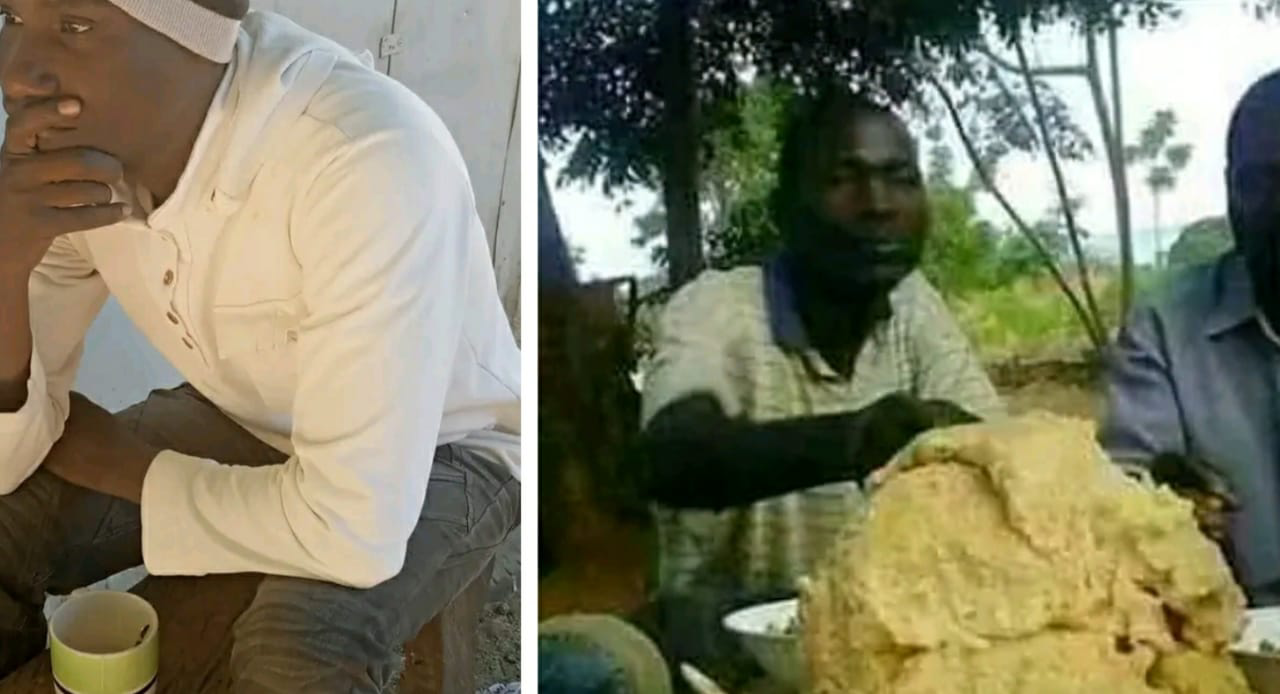Wanyonyi, a middle-aged guy, rose to prominence during the annual eating contest in Marakaru, Bungoma County, after swallowing 20 chapatis and a whopping 5 kilogrammes of beans in just 10 minutes.
Wanyonyi was crowned champion and received free fertiliser and tree seeds.
His incredible performance has enthralled onlookers, who assemble each year during the tea plantation season to see this one-of-a-kind competition.
Unfazed by the challenge, Wanyonyi ascribed his accomplishment to his intrinsic capacity to ingest enormous amounts of food.
Elders emphasize the importance of preserving cultural beliefs, encouraging young people to engage with elders and understand the reasons behind such norms.
During discussions with Bukusu elders, John Sunguti and Amos Wanjala, the focus shifted to the historical prohibition on women eating chicken, a rule that, though relaxed in modern times, still carries restrictions.
He expressed his excitement for future competitions and stated that eating was a genuine pleasure for him.
This eating contest has become a local establishment, attracting attention not just for its entertainment value but also for the prizes given to the winner.
Wanyonyi’s success highlights the work required to consume such huge amounts of food, as opposed to others, such as Wamalwa, who appear to have a natural flair for competitive eating.
The Luyha group follows a traditional convention that prohibits women from eating ‘Ingokho,’ a phrase often associated with chicken.
Some components, such as the treasured gizzard, are still off-limits to women, according to elders.
Violations of these cultural standards, as demonstrated by a case in Ndengelwa, Bungoma County, in which a man beat his wife for eating the traditionally male-designated section of the bird, can result in serious consequences, including divorce.
Derrick Makhanu, 55, believes that the rule stemmed from a desire for men to enjoy chicken delights alone, eliminating health-related beliefs about women eating eggs.
However, modern women, such as Anne, a financial counsellor in Bungoma town, see these practises as outmoded and repressive.
Anne claims that education and civilization have empowered women, and she urges people to reconsider cultural beliefs that promote prejudice.
As society norms change, the issue arises: Is it time to review and possibly reject cultural ideas that no longer correspond with modern values?
The combination of tradition, gender relations, and developing perspectives continues to affect discussions within communities such as Marakaru, igniting a broader debate about cultural relevance in the modern period.








